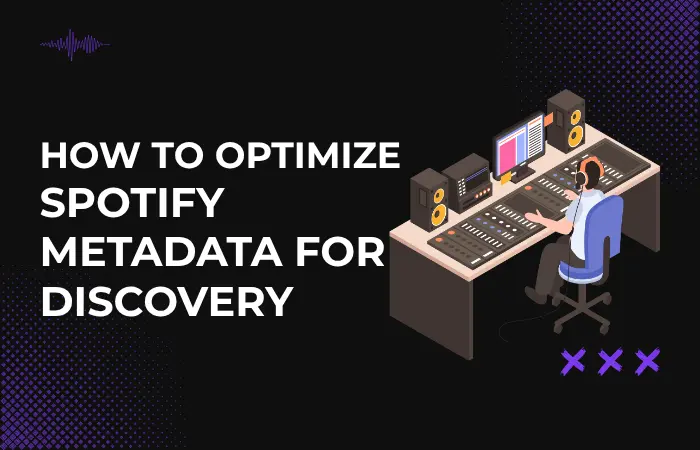Online casinos and digital marketing could seem like unrelated businesses, but they are similar in how they attract and maintain viewership. At their core, both rely on engagement, anticipation, and innovative data use to keep users coming back.
Engagement is the currency of the digital age. Whether you are playing reels on an online gaming app or flicking through a promotional ad, the goal remains the same: get attention and trigger action. Both industries employ psychology, technology, and creativity to make the process worthwhile for the user.
The Psychology of Anticipation
Both online gaming and digital marketing are grounded in the science of the human psyche. Behavioral momentum is sustained through anticipation. When the reels spin, you lean into anticipation. They wait and see if there is a winning combination or not. In the same manner, online marketers use countdown campaigns, teaser campaigns, and target-specific campaigns to help induce anticipation.
Both industries comprehend that individuals are motivated by curiosity. Excitement for the unfamiliar sustains individuals’ interest. In casinos, this is demonstrated through lively animations, audio remarks, and payoff outcomes. In marketing, it is demonstrated through clickable headlines, gorgeous ads and interesting campaigns.
Tailoring the Experience for the Greatest Impact
Modern online gaming and promotional campaigns can both rely on customization. By personalising the experience for individual preferences, both markets establish more intense connections with their target audiences. Online casinos sometimes monitor players’ actions to suggest games they might like. Individuals who continually play themed slots can notice the duplicate titles suggested within their dashboard. This enables an effortless and enjoyable user experience.
Digital marketing operates similarly. Browsing and purchase history data are used for tailored marketing, enabling consumers to notice offers tailored to their interests. Both industries strive for one-to-one interaction beyond the one-size-fits-all variety. When the player gets the sense that a casino understands their preferences or the user recognizes an ad tailored just for them, the possibility for repeat interaction improves. It’s the customization that converts the casual user into a loyal user.
It’s also why players who are looking to win real money online slots australia can find games available for their region and interests. This degree of targeting is the same kind of data-driven thinking that marketers apply. They target campaigns and communicate one-on-one.
Reward Systems and Loyalty
Rewards can be a binding factor for maintaining strong engagement. In online casino games, you’re attracted by the chance of winning and structured incentives. Loyalty rewards and ranking programs make each game a worthwhile session. Digital marketing follows the same tactic. Rewards for retail companies, frequency of usage and subscriptions all use the same psychological drivers.
Clients make repeat buys because they think they’re getting an extra perk. They believe there’s more value for their investment and their time. The conceptual framework of reward loops explains why the systems work. You turn the reels, experience tension and sometimes get a win. The loop offers a reinforcing pattern and payoff. Marketers repeat the same loop through limited-time deals, custom deals and loyalty bonuses. Both industries understand the reality that small, steady rewards beget long-term devotion.
Analytics for Games and Campaigns
Both online gaming and digital marketing wouldn’t be successful without the support of data analysis. Each interaction, spin, or click provides worthwhile insights. These insights shape the future experience. In online gaming, data dictates game development, promotional incentives and even the speed of play. Developers consider which games retain the focus for the longest period of time. They examine what bonus structures excite you and what visuals impact focus the most.
Digital marketing proceeds along the same lines. Each impression, click-through and conversion is consulted when creating future campaigns. Marketers optimize the campaign for more reach and conversions. Both businesses exist within a feedback loop where analytics aren’t just valuable. They’re mandatory.
Innovating Casino and Marketing Play
Looking ahead, digital marketing and online casino gaming are set to evolve in parallel. Technology innovation is driving more immersive, personalized, and interactive experiences. In the world of online gaming, this might mean more use of virtual and augmented reality. Imagine walking into an immersive virtual casino. Every spin would be like your favorite movie experience.
Innovations for marketers include the use of AI for personalization, predictive analytics, and campaigns that react in real time to consumers’ behavior. Another communal future is gamification. Marketing borrows more and more from the casino mechanics. It awards participation with points, badges, and progress meters. Online casinos, already founded on gaming principles, are continually honing these mechanisms. They make the game more social and interactive.
Online gaming and digital marketing can be seen as worlds apart, yet their parallels are hard to resist. Both are founded upon anticipation, customization, rewards and data-driven optimization. These levers captivate and retain interest. For marketers, studying online casino strategies provides insights into engagement mechanics. These mechanics have been perfected over decades.
Observing the broader digital landscape offers ideas for refining outreach and retention for casino developers. Together, these industries demonstrate that engagement isn’t just a tool; it’s the heart of modern interaction. As technology continues to evolve, both industries will need to keep pace to ensure that they can stay ahead of the pack when engaging with their customers.







